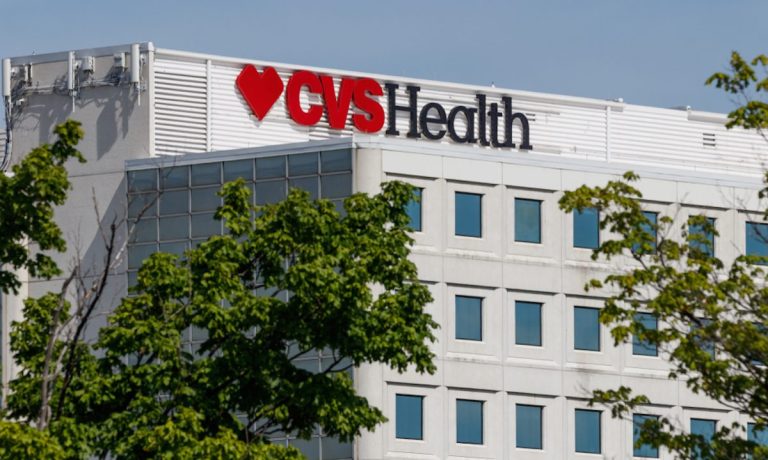Report: CVS Considering $10B Purchase of Oak Street Health

CVS is reportedly looking to expand its healthcare offerings by purchasing Oak Street Health.
The acquisition would value Oak Street at more than $10 billion, Bloomberg News reported late Monday (Jan. 9), citing sources with knowledge of the matter who said talks between the two companies are ongoing.
PYMNTS has reached out to both companies; CVS declined to comment and Oak Street did not reply.
The deal would further expand CVS’ move into the world of primary care. The pharmacy giant last year agreed to purchase Signify Health in an $8 billion deal.
Headquartered in Dallas, Signify has a network of 10,000 medical professionals in all 50 states and uses analytics and technology to offer in-home care to health plans, employers, physician groups and health systems.
“This acquisition will enhance our connection to consumers in the home and enable providers to better address patient needs as we execute our vision to redefine the health care experience,” said CVS Health President and CEO Karen S. Lynch.
“In addition, this combination will strengthen our ability to expand and develop new product offerings in a multi-payor approach.”
Last year also saw the debut of CVS Health Virtual Primary Care, a virtual care solution available through a digital platform.
The program “connects CVS Health’s services, clinical expertise, and data for a more coordinated and consumer-centric health care experience,” CVS said in May 2022, adding it “enables consumers to choose care when and where they want,” continuing CVS’ shift into primary care.
The company was also considering the purchase of Cano Health, which operates primary care centers in eight states and works mostly with patients from the Medicare Advantage program.
Oak Street, founded in 2012, serves Medicare recipients and has locations in 21 states, according to its website. It specializes in preventative care, “including personalized wellness plans, integrated health services, and educational and social activities,” the website says.
And CVS isn’t alone in shifting more directly into healthcare. As PYMNTS noted in September of last year, “Big Retail” has helped usher the healthcare industry fully into the 21st century.
“For the Walmarts and the Amazons of the world, offering value care and virtual care creates a new avenue to connect payments to a broader ecosystem,” PYMNTS wrote.
To that end, Walmart joined forces with UnitedHealth Group in a deal that, among other things, offers virtual healthcare services through a 10-year partnership. Amazon, meanwhile, announced last July that it was purchasing tech-powered primary care provider One Medical for about $3.9 billion.